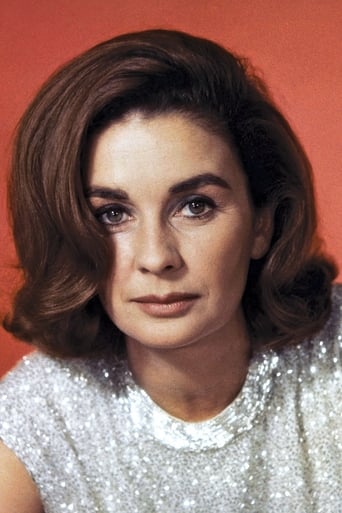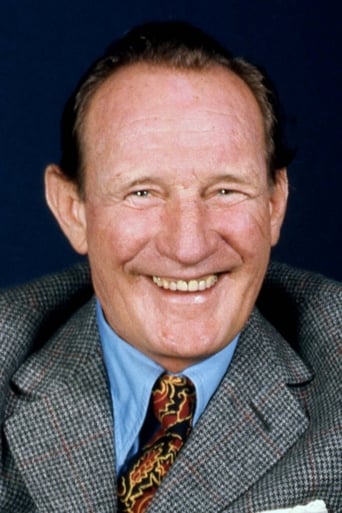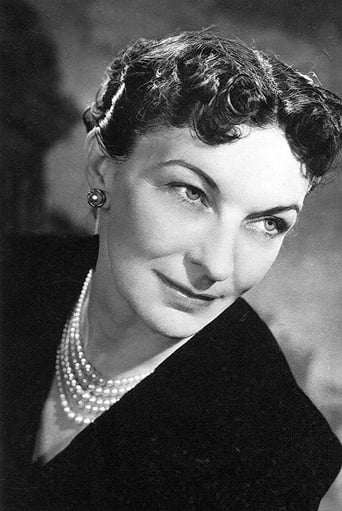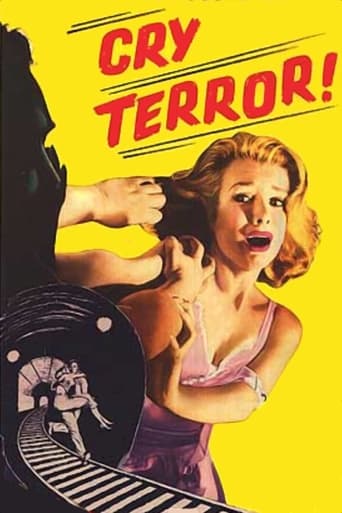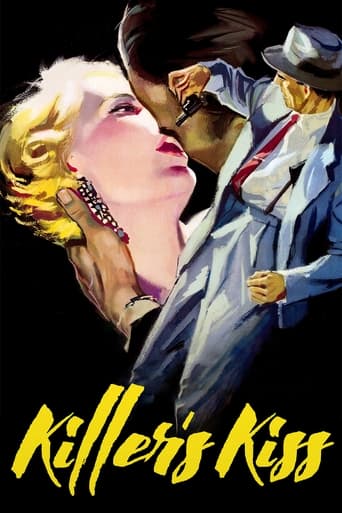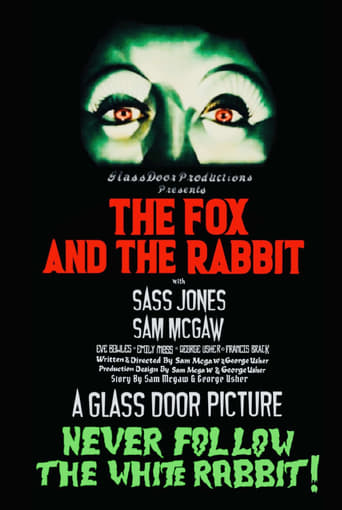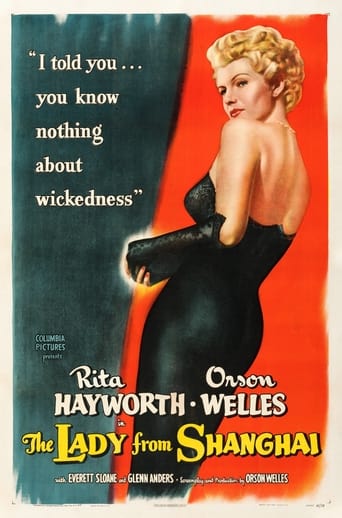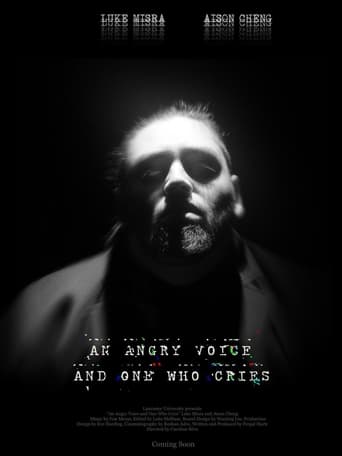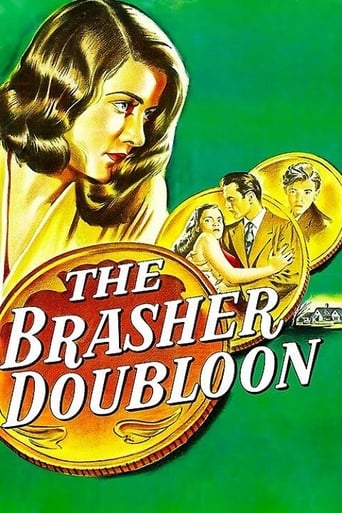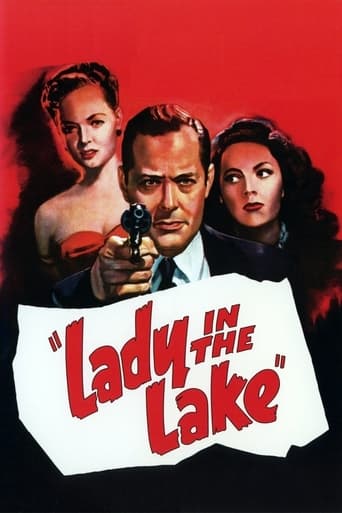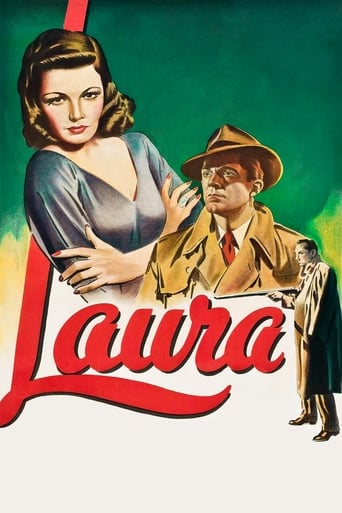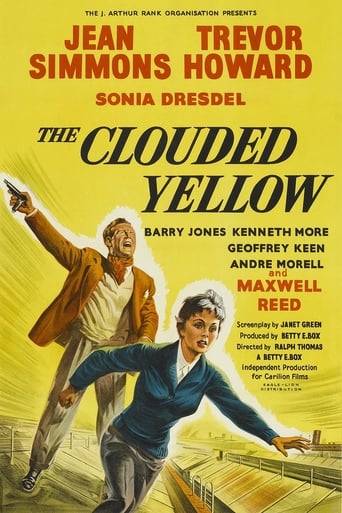
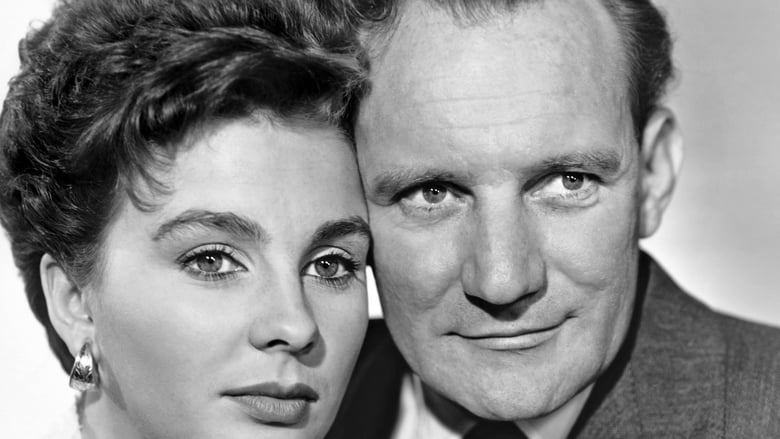
The Clouded Yellow (1951)
After leaving the British Secret Service, David Somers (played by Trevor Howard) finds work cataloging butterflies at the country house of Nicholas and Jess Fenton. After the murder of a local gamekeeper, suspicion (wrongfully) falls on their niece, Sophie Malraux (Jean Simmons). Somers helps Sophie to escape arrest and they go on the run together. After a cross-country chase they arrive at a coastal city with the intention of leaving the country by ship. All's well that ends well after the true identity of the murderer is revealed.
Watch Trailer
Cast
Similar titles
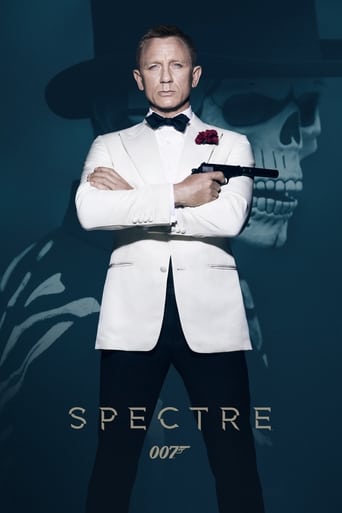
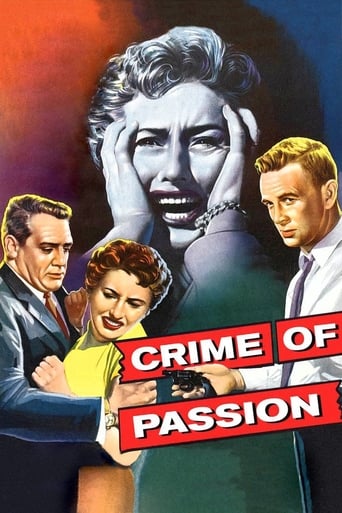
Reviews
Great Film overall
An Exercise In Nonsense
It’s sentimental, ridiculously long and only occasionally funny
The film never slows down or bores, plunging from one harrowing sequence to the next.
I am not quite happy about this film - it's too much of a cliché patchwork, like a good but nevertheless obvious paraphrase on Hitchcock. There is nothing wrong with Jean Simmons and Trevor Howard, they are both always reliable in any film they played in, and I don't think they worked together in any other film. It all starts very well and interestingly with a failed secret agent stranded at the mercy of his sinister employer who can't tolerate one single mistake, turning his failed agent to cataloging butterflies, just to keep him safely out of the way. Unfortunately for him, a murder occurs in his vicinity, and the one who is obviously totally innocent and incapable of it comes under suspicion because of her rumoured mental instability. Jean Simmons makes this character quite convincing and interesting, demonstrating openly her weakness without blushing, and Trevor appears as the knight in shining armour committing himself to rescuing her by taking her along on a great escape up and down all northern England. It's a spectacular escape indeed, but it obfuscates the more interesting psychology of the relationships turning the film more into a superficial entertainment, with great effects, of course, but when the murderer finally is exposed it all humanly falls flat. It's so obvious that the audience from the beginning has been led astray by being forced to suspect another. Well, well, nevertheless, it's great entertainment, and that at least is something.
This film plays really well with an audience. Especially once the chase begins. Plus, Trevor Howard with his sensible, smart charms and Jean Simmons with her innocent demeanor and piercing eyes are terrific together.The film starts as a psychological drama but after the murder it segues into a chase thriller as the two leads head for the border. Some may think the chase is superfluous but actually the chase is essential because it aids in clearing the mind of the Jean Simmons character by getting her out of the oppressive household, plus it helps bring out the real killer - who is suddenly put into such a position that they have to finish the job. The killer rightly believed that once the Simmons character was arrested she would be put away. And it is true that her lack of control in the household - as well as evidence pointing her way - there is no way she would have gotten out of the murder charge. The chase that ensues helps bring out the truth.This is an entertaining film. Seek it out if you can find it.
I rated this film only 6/10 which agrees with the overall IMDb.com average rating.As other reviewers have aptly pointed out above, this Ralph Thomas directed film does not have the quirky comedy, pace or nail biting finish of a Hitchcock.However It has some similarities enough to show Thomas was at least influenced by that great master.Jean Simmons was 22 when she made this film and was at a stage in her career when agents were casting her in roles where she had psychiatric problems.One only has to think of her "Ophelia" in Laurence Olivier's "Hamlet" (1948) and "Angel Face" (1952), the psychotic daughter of Herbert Marshall.Much as I admire Trevor Howard I do not see him as a romantic lead (unless he is wooing Celia Johnson. i.e. an older woman); so I would have preferred a younger looking and more handsome leading man.The final scene (as pointed out above by another reviewer) showed them walking along the rooftops of the Liverpudlian warehouse, arm in arm but it looked more like father and daughter!! (Note: I know Trevor Howard always looked older than he really was).I guess he obtained this cloak & dagger type part on the strength of his army officer cracking down on black market traffickers in Carol Reed's "The Third Man" (1949). Barry Jones often appeared in professorial type roles and he made a menacing "baddy".I love spotting character actors in films of this vintage such as Sam Kydd as a police wireless operator and the actor Richard Wattis who played the employment consultant (the same year he played the maths master in "The Happiest Days of Your Life" with Alistair Sim).Also I spotted Dandy Nichols as a harassed mother on the train, long before she would rise into public awareness as Mrs Garnett in the 60s TV comedy series " 'Till Death Do Us Part" with Warren Mitchell.Kenneth More was really serving his film acting apprenticeship and before long he would play a lead in "Genevieve" (1953).Have a look at Hitchcock's "The 39 Steps" (1935) with Robert Donat & Madeleine Carroll and particularly compare the chase scenes over the wild countryside, then compare the pacing, humour and interplay between the principal actors and you will see why this film ,although good, only warrants a 6/10.
This is a superior British thriller, powered by Trevor Howard's masterful characterisation, but hampered by a poor final 15. Howard plays a secret serviceman, fired in an excellent opening scene for a slip-up overseas. His misdemeanour is never fully explained, but we know he barely escaped with his life. "I'm allowed one slip-up, aren't I?" Howard asks his superior. "No," comes the reply. Looking to get out of the big city, Howard takes a job cataloguing butterflies at a country estate, where he meets the owners' fragile niece (Jean Simmons). The burgeoning relationship between the two is tender and believable, while the scene in which they first meet is marvellously handled by the actors. She's edgy, spooky, spooked - apparently in a Noir. He is dignified, condescending, but polite - torn from real life. Here the film changes tack for the first time, from character drama to melodrama, with hints of Simmons' possible mental instability laid on pretty thickly.When gamekeeper Maxwell Reed - who couldn't be a more obvious target for comeuppance if he had 'Imminent Murder Victim' tattooed on his face - gets knocked off, Simmons is established as suspect # 1, and Howard and Simmons have to take it on the lam. I like films that blur genres - it can be the sign of an imaginative, uncalculating author (or a derivative hack) - and for a while it works. Thrillers with a then-fashionable Freudian bent haven't aged well, but the meshing of character study and chase picture here plays great, as the protagonists criss-cross the country: London to Newcastle, Newcastle to the Lake District, the Lake District to Liverpool... The obstacles are realistic and the developments quite sharp, as we race towards the finish. Can Simmons recall the tragedy that's blighted her life and with it the identity of the murderer? Or will she and Howard be trapped in Kenneth More's rolling dragnet before the breakthrough? (The recurring metaphor of the 'trap' is a nice one.) It's only with the heavy-handed, stupid denouement that The Clouded Yellow falls apart. And it's a real shame. For a film that begins as wonderfully as this one, an obvious, ugly twist and a suspenseless rooftop chase really don't cut it.But until the finale, there's plenty to enjoy. Howard remains one of the most compelling presences in British cinema and his unsentimental, understated turn is terrific. Simmons - forever big-eyed, intriguing, ethereal - is some way from her best, though her glowering insecurity as Howard's former beau gives them an escape route is wonderfully observed. And a young Kenneth More appears as Howard's formidable adversary: like him in all ways, except which side of the law he stands. The rest of the cast is pretty nondescript, though it's always nice to see Richard Wattis, if only for a minute.Ralph Thomas had a habit of making his thrillers look ordinary and threadbare, but there are a couple of shots in The Clouded Yellow that are unusual. The first shows a police patrol passing a front door's glass panel as Howard and Simmons prepare to abscond from the house. The second is the unobtrusive cut to Howard's hat that reinforces secret serviceman's Kenneth More's miss-nothing eye for detail.The Clouded Yellow (which takes its name from a type of butterfly that Howard catalogues), is no classic, but remains a worthwhile watch. Fans of British cinema, and of Trevor Howard in particular, won't want to miss it.
